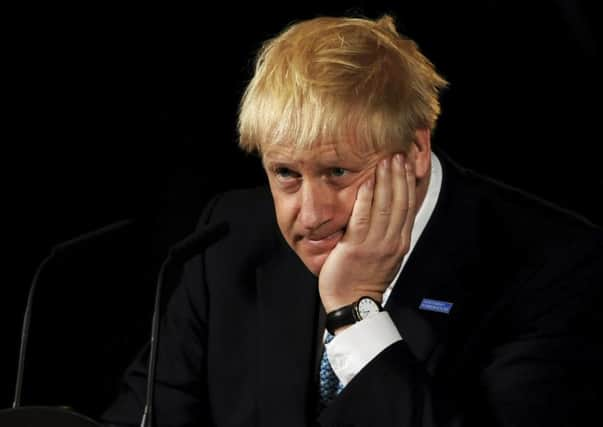No Scot should be ‘left behind’ – leader comment


An 11 per cent rise in emergency welfare fund applications is a sign of the ongoing financial problems faced by many people in Scotland.
New figures show that more than 193,000 people – nearly four per cent of the population – applied for emergency cash from the Scottish Welfare Fund in 2018/19. It was by no means certain they would get it – with 35 per cent having their requests turned down – and the average payout was £83. One of the main reasons for applications was that people had spent their benefits or income and run out of money.
Advertisement
Hide AdAdvertisement
Hide AdEveryone has a personal responsibility to live within their means and the state simply cannot afford to fund the lifestyles of prodigal citizens who refuse to do so and there is always likely to be a small minority of claimants who try to game the system. But the vast majority of cases will be genuine.
Ever since the 2008 crash, there has been growing concern about in-work poverty with some employers paying below the ‘living wage’ – effectively relying on their staff to claim ‘top-up’ benefits, which could be seen as a form of state subsidy for people’s wages, or get a second or even a third job.
The growing discontent about standards of living – not just among the poorest – is a serious problem that must be addressed by politicians of all parties. The failure to do so was undoubtedly one reason for the Brexit referendum result. Boris Johnson’s announcement in Manchester of £3.6 billion for ‘left-behind towns’ may be seen as a populist move, but it was at least a recognition of the need for action. The mere acknowledgement that some places have been “left behind” will be welcomed by many who feel exactly this way.
But, ultimately, this is a serious problem that is unlikely to be solved by major spending projects by government – whether at Holyrood or Westminster – but by improving the economic performance of the country as a whole. And governments – at local, Scottish and UK level – have a vital role to play in ensuring this happens and duty to co-operate with each other to this end.
So it was disappointing that the immediate reaction to the Welfare Fund figures was an attempt to shift blame. Our politicians need to work together to solve this country’s problems, whether they are ones of high finance or more mundane concerns, like the cost of nappies for an infant.